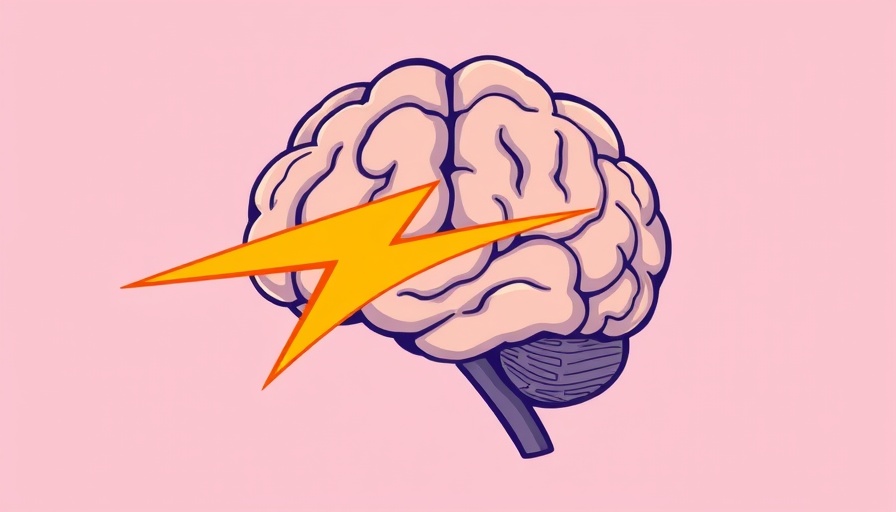
Understanding SCN8A-Related Disorders: The Basics
SCN8A-related disorders are a group of genetic conditions caused by pathogenic variants in the SCN8A gene, significantly affecting the lives of children diagnosed with these conditions. These disorders lead to a spectrum of neurological symptoms including various types of epilepsy, developmental delays, autism spectrum disorder, and movement disorders. Since their discovery in 2012, awareness has grown due to the prevalence of these conditions and their link to potential therapeutic targets.
The Signal Study: What Researchers Found
The latest study from researchers at the Children’s Hospital of Philadelphia (CHOP) sheds light on the natural history of SCN8A-related disorders. By analyzing retrospective clinical data from 82 patients alongside a comparison group of 2,833 with other genetic epilepsies, the researchers were able to identify various seizure types and neurodevelopmental features. This innovative data analysis technique highlighted the complexities of these disorders, demonstrating the need for targeted clinical trials.
Potential Impact on Health and Wellness
For families grappling with SCN8A-related disorders, understanding these conditions is crucial as it informs treatment options and potential interventions. With more comprehensive data on the phenotypes associated with SCN8A, healthcare professionals may soon be better equipped to create personalized treatment plans, paving the way for more effective therapies and improved health outcomes. As community awareness about genetic epilepsy grows, strategies to support optimal health and wellness for affected children become increasingly vital.
Why Understanding Natural History Matters
Uncovering the natural history of SCN8A-related disorders fits into a broader commitment to health and wellness, emphasizing that patient-centered research is key to progress. As highlighted by study author Jillian McKee, MD, PhD, a clear picture of these conditions' trajectories allows for the development of outcome measures that will be essential for any future clinical trials. This understanding can also highlight the most critical intervention periods, making it easier for families to seek timely care.
The Future of Clinical Trials
As researchers aim to launch clinical trials for SCN8A-related disorders, they hope to not only advance treatment options but also enhance the overall approach to health and wellness in genetic conditions. Establishing a solid baseline through natural history studies will help researchers define clear goals for clinical trials, assessing the effectiveness of potential therapies utilized by families on their health journeys. In essence, this groundwork may be transformative in the fight against genetic epilepsies.
FAQs About SCN8A-Related Disorders and Their Management
What are SCN8A-related disorders?
They are genetic conditions resulting from variants in the SCN8A gene, characterized by a range of neurological symptoms.
How can understanding their natural history help?
It informs treatment planning and improves the chances of identifying effective therapies during clinical trials.
Why is community health and wellness relevant here?
Awareness and understanding can empower families and caregivers, enhancing support systems in the broader community.
Conclusion: A Call for Action
As we gather more data on SCN8A-related disorders, there remains a collective responsibility to ensure that this information is shared and utilized effectively. Families, caregivers, and healthcare providers should engage with community health and wellness events, illustrating how collaborative efforts can lead to advancements in care. Empowerment through education and community resources can make a significant impact on the health and wellness of those affected by these disorders.
 Add Row
Add Row  Add
Add 




 Add Row
Add Row  Add
Add 


Write A Comment